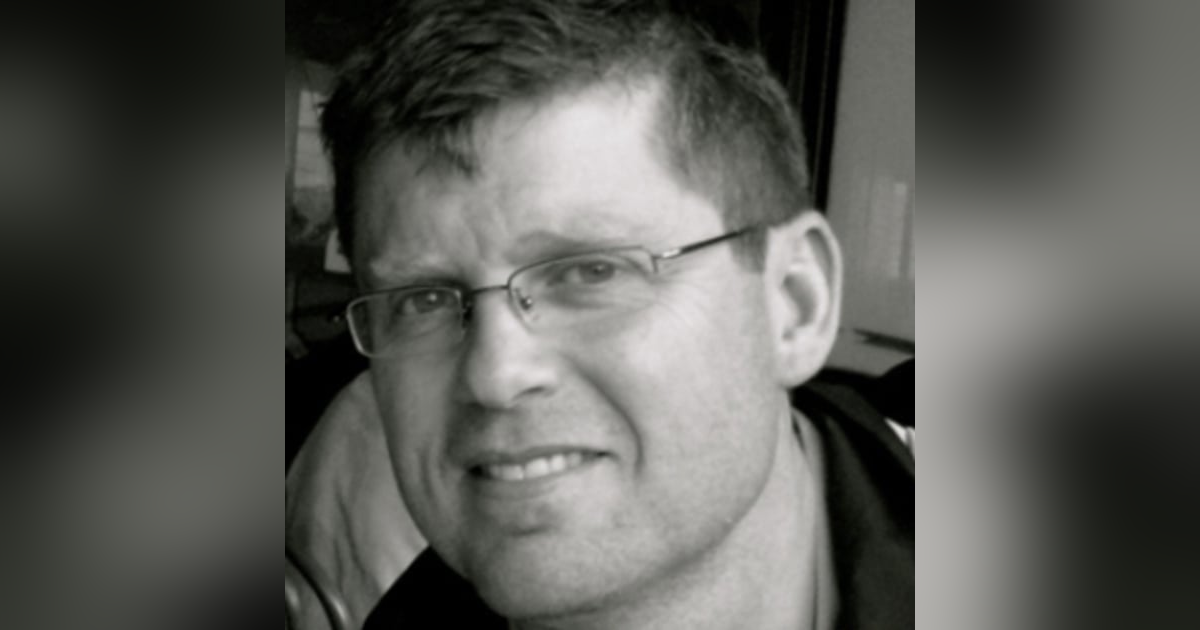#29: Lead to succeed, with Paul Ainsworth.

Paul Ainsworth is the founding director of the Lincoln Institute, which is a leadership and development organisation for veterinarians and veterinary teams. He is a highly sought after executive coach, facilitator and key note presenter. Paul is a graduate of the Australian Defence Force Academy, University of New South Wales, the Royal Military College Duntroon and was awarded the prestigious Sasakawa Leadership Scholarship by the Australian Graduate School of Management’s Executive MBA program. As an infantry officer Paul has seen international service in 5 foreign countries, culminating in leading an international military observer unit in one of the words harshest environments. Paul has safely lead teams out of crossfire, negotiated the release of hostages, reopened international borders that had been closed due to hostile acts and provided humanitarian relief to communities suffering oppression. On resigning his commission, he was appointed Director of Property at ALDI Foods where he oversaw the roll-out of a large number of supermarkets. His appointment as their first Director in Australia ensured his place in establishing the culture of one of the world’s largest food retailers. Paul has over 30 years of leadership experience across all socio-economic and geopolitical boundaries making him highly sought after as an instructor and facilitator to all levels of business. In this episode Paul tells us epic stories about leadership success and failures. He talks about fear, and the antidote to fear, the art of mindful transitioning as the solution to burnout, having difficult conversations, but more importantly how to prevent the need for difficult conversations. We discuss the biggest challenges a new leader will face in their role and how to avoid those pitfalls, plus how senior leaders can help new leaders fill with roles successfully, and much much more. For the show notes or to check out our guests’ favourite books, podcasts and everything else we talk about in the show, click on the webpage link on the episode page wherever you listen to us, or visit the podcast website at thevetvault.com. Connect with us by leaving us a voice message on our episode page on the anchor app (https://anchor.fm) and hitting the record button, via email at thevetvaultpodcast@gmail.com, or just catch up with us on instagram. We’d love to hear from you! If you like what you heard, then please help us to spread the word by subscribing to the podcast (it’s free!), and by telling your friends about us.






